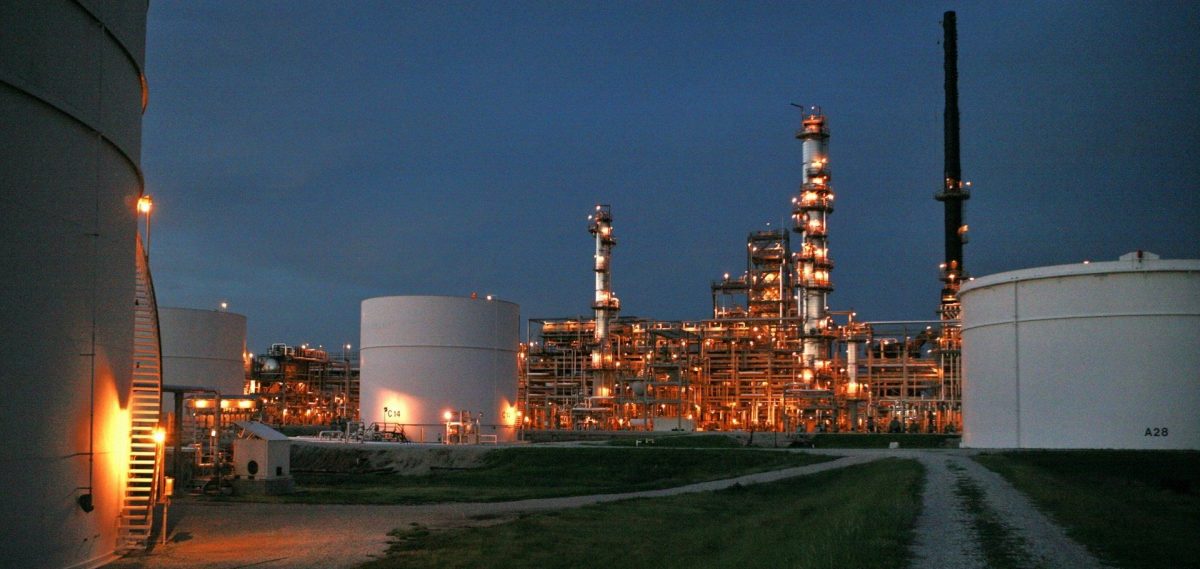Motivation for continued oil production may drop further as oil prices fail to rebound, despite the OPEC+ production cut deal, even as available oil storage capacity around the world runs thin due to drop in global oil demand amid lockdowns and travel restrictions in many countries.
Indeed, energy experts project that OPEC producers, like Angola, Nigeria, and Iraq, who don’t have adequate refining capacity at home and don’t have solid long-term oil supply contracts with oil-importing nations are set to lose the most.
If prices continue to fall below production cost, many oil producers may be forced to shut crude production, amidst difficulty in getting the cargoes sold.
Yesterday, Brent Crude dropped to $26.50, WTI Crude $10.38, while Nigeria’s Bonny Light was $22.32.
Indeed, the Group Managing Director of the Nigerian National Petroleum Corporation (NNPC), Mele Kyari, had painted a gloomy picture of the nation’s economy in the months ahead, appealing to industry captains and Nigerians, to be prepared for very lean times.
According to him, the country has been unable to sell some of its cargoes of crude and liquefied natural gas.
Petroleum economics and energy policy expert, Michael Lynch, said OPEC’s second-largest oil producer, Iraq, sells most of the crude it produces, same as Saudi Arabia.
However, in recent years OPEC’s top producer and the world’s largest oil exporter had struck some major downstream deals in the world’s top oil importer, China, ensuring long-term demand for its crude in the market.
According to Lynch’s estimates of OPEC’s refinery capacity per member and their target production for May and June, OPEC’s combined domestic refining capacity is half of what its members would produce if they all stick to their quotas.
The countries that have long-term oil supply contracts with importers will be better off than those who rely more on spot crude sales. Data about the global spot crude market is incomplete, at best, Lynch says.
But oil-producing nations with higher shares of spot sales would likely feel the pinch from the storage capacity crunch much harder than others because amid the huge oversupply refiners are even trying to get out of some clauses in long-term contracts, let alone snap up spot cargoes.
Although the Federal Government had announced a cut in crude oil benchmark price, down to $30, while production remains at 2.18 million barrels per day (mbpd), as earlier contained in the budget estimate, the present realities where the country’s production is expected to be at 1.412mbpd, 1.495mbpd and 1.579mbpd respectively for the corresponding periods in the agreement, pose a challenge to the revised budget.
According to the Minister of State for Petroleum Resources, Timipre Sylva, the cuts will enable the rebalancing of the oil market and the expected rebound of prices by $15 per barrel in the short term, even as it also promises an appropriate balancing of the country’s 2020 budget that has been rebased at $30 per barrel.
Director/Chief Executive Officer of DPR, Sarki Auwalu, in a chat with The Guardian, said with the lockdown across several countries, therefore limiting movement of people and goods, energy balance has been disrupted.
He expects the imbalance to remain until global lockdowns are lifted.
In its comments, the Lagos Chamber of Commerce and Industry (LCCI), said the cuts will have a marginal effect on the economy, as demand for oil remains low and lockdown across many countries remain.
Its Director-General, Dr. Muda Yusuf, said though oil prices will retain some gain, the effect would not be huge until the lockdown is lifted globally.
Considering that 100-percent compliance in every country has never been achieved in such deals, OPEC members would be likely producing more than two times their combined refinery capacity.
OPEC and its Russia-led allies promised to remove 9.7mbpd from the market starting in May. But oil storage capacity may be full as early as in the middle of May, according to many analysts.
Despite the actions of OPEC+ and G20 to ease the glut, the oil industry may test the limits of its storage capacity in the coming weeks, the International Energy Agency (IEA) said this week.
“Never before has the oil industry come this close to testing its logistics capabilities to the limit,” the agency said in its closely-watched Oil Market Report for April.
Source: Guardian

